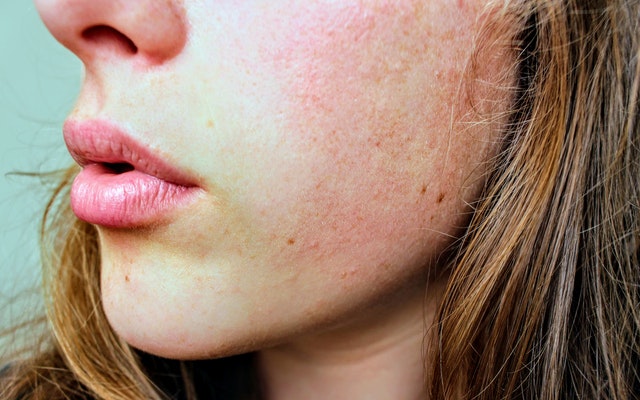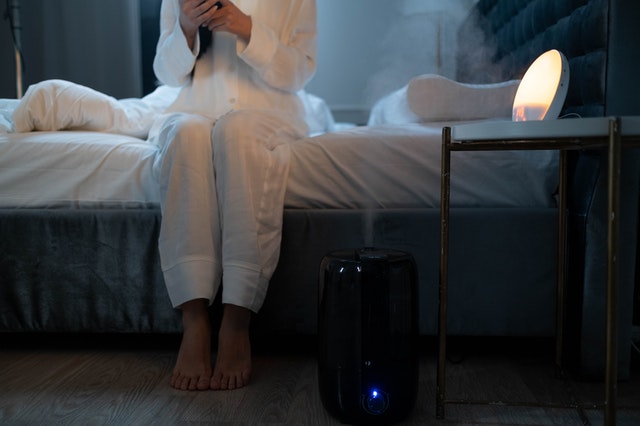Humidifiers work by vaporizing liquid to add to the moisture level in your home. While these devices might not be paramount in the warmer, more humid months of the year, they play a critical role in your house and even health during the winter.
People often undervalue the significance of moisture levels in their homes, often equating moisture with problems, such as mold. Still, despite moisture causing some complications, at adequate levels — no higher than 50% — moisture content can help maintain the house's structure and the people, pets, and plants inside.
The idea of bringing a tool into your home to add moisture to specific areas can seem a bit strange, but it is beneficial. Before you decide to forego purchasing a humidifier, consider the advantages of using one.
Prevent Dry Skin

Did you know that it is normal for moisture levels in your home to dip below 30% when using forced air heating? Your skin begins to lose its moisture at such levels, resulting in dry, tight, itchy, and flaky skin.
Your hands and lips are especially vulnerable to losing moisture and becoming dehydrated. The hands have fewer oil glands than other parts of the body, so they have less protection against dry air. The lips are more sensitive with more tender skin, making it easier for them to become chapped and cracked.
A humidifier helps return some of the lost moisture in the air, providing relief for your skin. Applying hand lotion and chapstick can also help mitigate damage in the colder, drier months.
Ease Sinus Symptoms

The winter and drier climates are notorious for drying out sinuses and nasal passages. The excess dryness can lead to sinus pressure, headaches, bloody noses, and discomfort.
While many people believe that humidity will only worsen stuffiness and sinus issues, the contrary is true. Maintaining optimal humidity levels throughout your home contribute to healthy sinus and mucus function, reducing the risks of sinus-related problems.
A humidifier permits the ease of breathing because it encourages the free movement of mucus. Additionally, it reduces the risks of a bloody nose and sinus headaches.
Reduce Spread of Germs and Bacteria

The National Academy of Sciences found that dry conditions promote the survival and transmission of the influenza virus. Therefore, using a humidifier to maintain optimal moisture levels can reduce the risk of spreading viruses, germs, and bacteria.
Humidity does not permit the spread of bacteria through the air as much as dry conditions. Moisture in the air makes it heavier and harder to navigate at a molecular level. With appropriate moisture levels, viruses cannot spread as far and wide, meaning humidifiers can reduce the risk of infection.
However, do not count on humidifiers to eliminate all risks. You will still need to focus on hygiene — regularly bathing and washing your hands and taking necessary precautions like receiving vaccinations.
Provide Additional Warmth

Aside from the health benefits of using a humidifier, the device also provides environmental advantages, such as providing greater warmth. Research suggests that dry air typically feels chillier than moist air.
HVAC professionals recommend using humidifiers in combination with forced air heat to combat feeling overly cold. Additionally, using a humidifier can help reduce the strain on your HVAC system.
While the general principle of homeownership is to avoid moisture in the house, it should be changed to the avoidance of excess moisture. Humidifiers add a beneficial amount of moisture to an otherwise dry space, helping to relieve wintertime ailments.
Do you use a humidifier? Why or why not?

